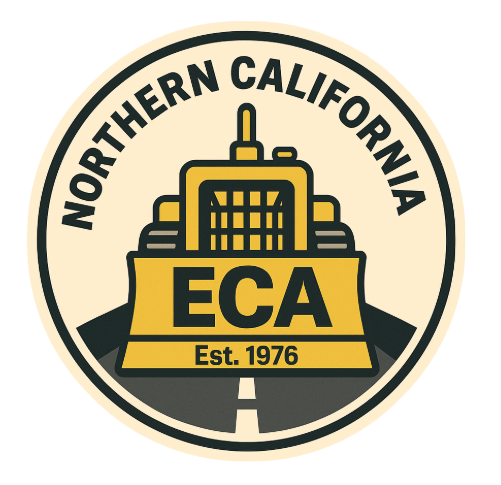June 10, 2022
I am proud to be the head of the 2022 ECA Nominating Committee. As such, I am asking for your assistance. Every year, the ECA brings forth nominees for our awards, as well as folks that want to be involved on our ECA committees and our Board of Directors to help guide our industry. We truly do make a difference and we do so with your support.
I am asking you for the following:
- Attached are the previous award winners for Contractor of the Year for the ECA. Do you have a recommendation for Contractor of the Year for 2022? If so, please send me a message with a sentence or two as to why your “pick” is a good one.
- Same request for Affiliate of the Year. Attached are the previous winners.
- We also induct two Hall of Fame honorees every year-one living, and one posthumous. I would really appreciate any possible candidates you believe demonstrate a lifetime of achievement in our industry and community. They do not necessarily have to even be members of the ECA to be selected.
- Finally, it is up to me and my committee to identify and submit people who would be good Director for our Board of Directors. Every year we have several Directors who have “termed out” and we like to bring in young management people who would benefit their firm with some exposure to how Board work, and who could benefit the industry with thoughtful discussions of issues that are always before us as Directors.
Click here for previous award winners.
Click here for 2022 Board of Directors
All of the above categories will be discussed in July and August by my Nominating Committee. I will present our recommendations to the Board for their discussion and consideration in September, of 2022. Final decisions are made by the Board of Directors in October 2022.
Please get involved at this level. These honorees and Board Members are what steers the ECA. I would appreciate your input. Should you have questions or want to discuss privately a potential nominee, please give me a call.
Thank You
Josh Cleaver
BoDean Company
